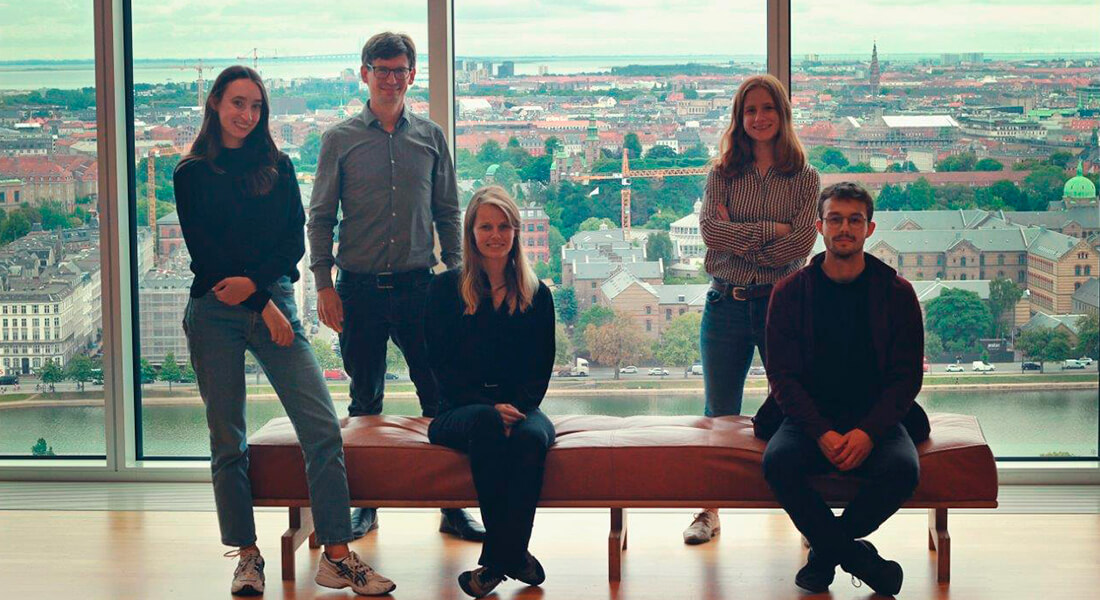The Walter Lab has moved to the Department of Neuroscience
The Walter Lab aims to identify principles of synaptic transmission as well as mechanisms by which synapses adapt their input/output relationship to stabilize signal transmission or process information.

The Walter lab was started in April 2015 by Alexander Walter thanks to an Emmy Noether Grant by the German Research Foundation (Deutsche Forschungsgemeinschaft, DFG) that funded research conducted at the Leibniz-Institut für Molekulare Pharmakologie (FMP) in Berlin. In 2020 Alexander was awarded a Young Investigator Award by the Novo Nordisk Foundation to fund his research at the Department of Neuroscience at the University of Copenhagen where the lab recently moved. Besides the PI, the group currently consists of four PhD students, one technical assistant, and visiting students.
Projects and methods of the Walter lab focus on elucidating the molecular mechanisms of chemical synaptic transmission, which allows nerve cells to communicate with one another at specialized contact sites, the synapses. There, neurotransmitters are released presynaptically and detected postsynaptically. One demand for this is that transmission must be very fast (less than 1 millisecond) to ensure meaningful communication in the nervous system. A second demand is that synapses must be able to undergo plastic changes to e.g. ensure stable communication in cases the responsiveness of cells drops or to change transmission strength to store information in neural networks. For this synaptic transmission engages a complex molecular machinery of many specialized proteins, but how these components cooperate to fulfill the demands for remarkably fast, faithful and adaptable information transfer is still unknown. Using experimental and theoretical approaches the group aims to identify these principles.
